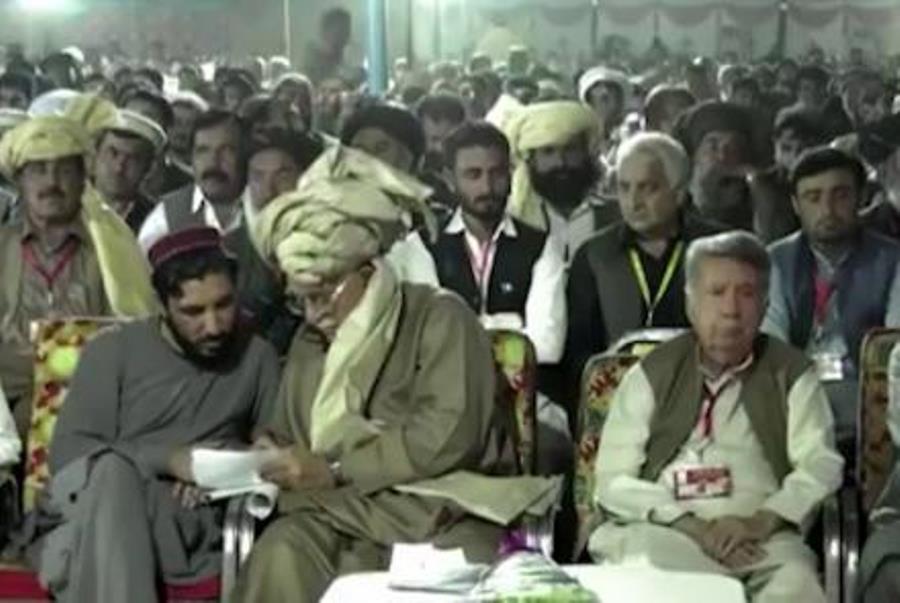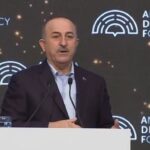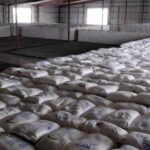A jirga gathering of Pashtuns in Bannu city in southern Khyber Pakhtunkhwa in Pakistan that was held from 11 to 14 of March, called for Loya Jirga and general elections in Afghanistan to elect a representative government.
At this four-day long jirga, participants discussed issues impacting Pashtuns and also the situation in Afghanistan.
In a 25-article statement released at the end of the jirga, the participants have said a Loya Jirga and general elections should be held in Afghanistan to elect a representative government in the country.
The statement says a ‘republican’ government should be formed in Afghanistan that is in line with all international standards.
“The demand of this jirga is that an elective and representative government should be formed through Loya Jirga and general elections in Afghanistan,” the statement reads.
Participants of the gathering also raised concerns over Afghanistan’s humanitarian situation and called on the international community and Afghanistan’s neighbors to provide assistance to the people of Afghanistan.
Meanwhile, former president Hamid Karzai, in a statement welcomed the jirga and its statement saying it is a good step towards resolving problems in the region and in Afghanistan. “This jirga is an efficient step towards solving issues in Afghanistan and in the region and I support its statement. I also appreciate women’s participation in the jirga and the jirga’s call for securing women’s political, economic and cultural rights,” Karzai said.
The jirga participants have also criticized fencing along the Durand Line and said the crossings along the Duran Line should remain open so the people of both sides of the line can cross freely without presenting documents.
“The jirga strongly rejects fencing along the Durand Line and wants all the historical trade routes along the line to remain open for people of both sides and trade and that people can freely move without presenting documents,” the statement reads.
The participants have also said Pashtuns in Pakistan have been victims of insurgency, adding that from 70,000 victims, 60,000 have been Pashtuns.
“In the current situation, (Pashtuns) have over 8,000 missing youth,” Manzoor Pashteen, leader of Pashtun Tahafuz Movement said.











